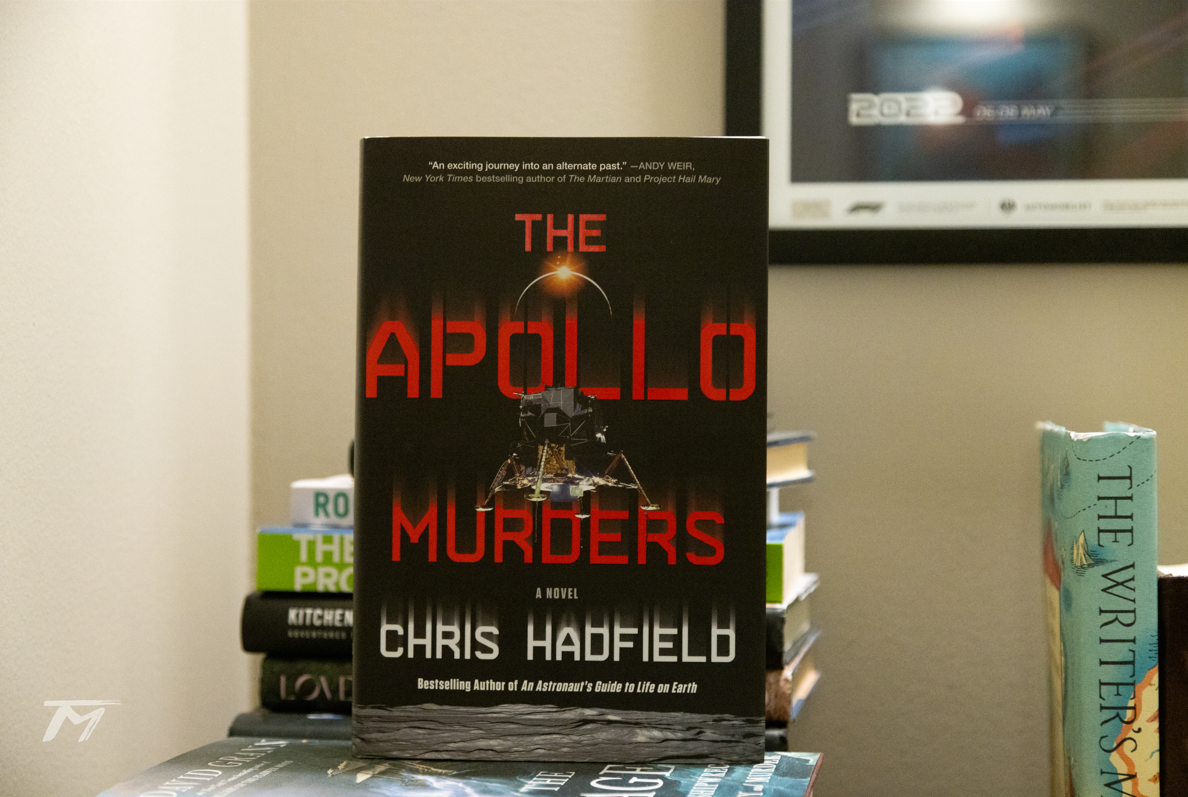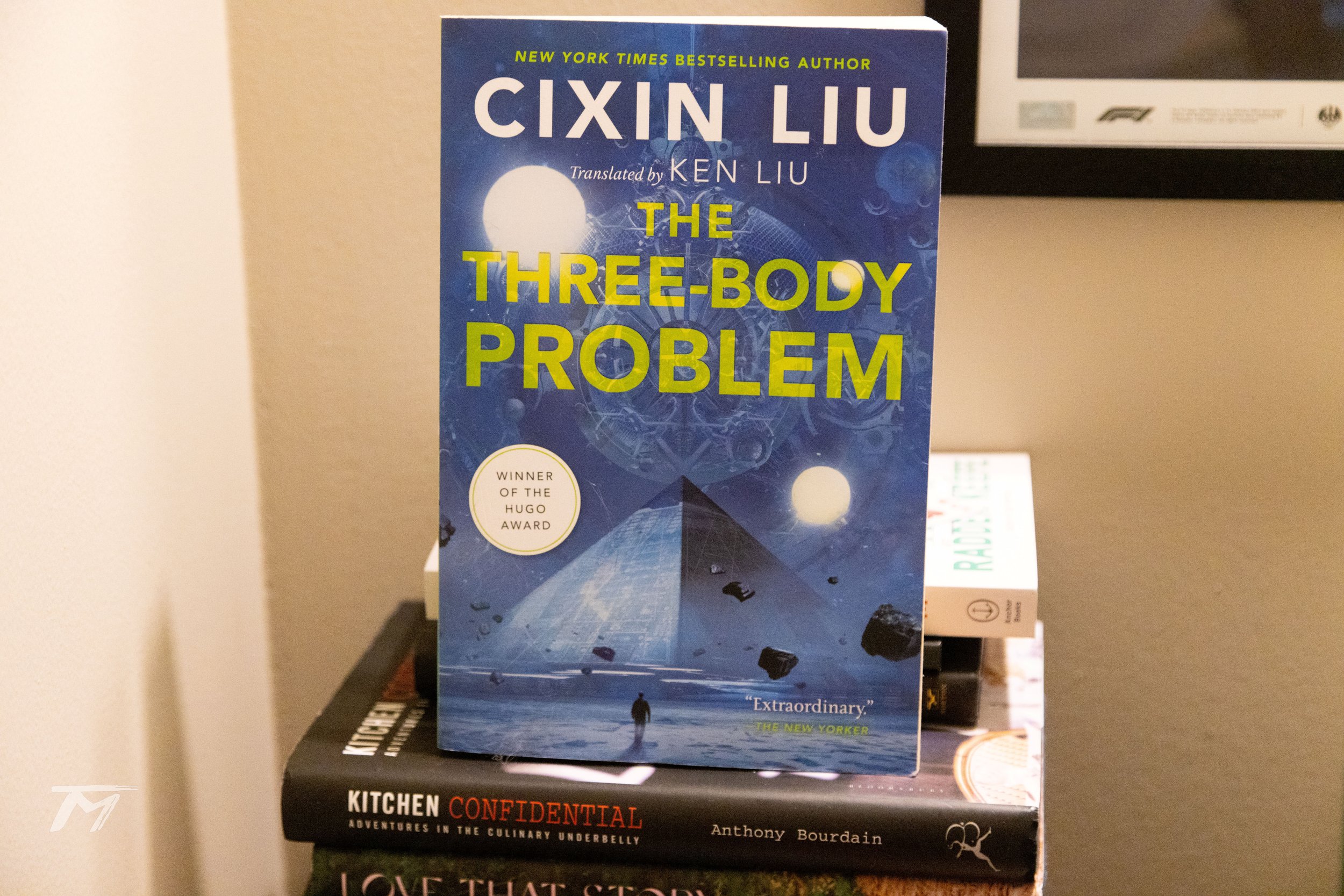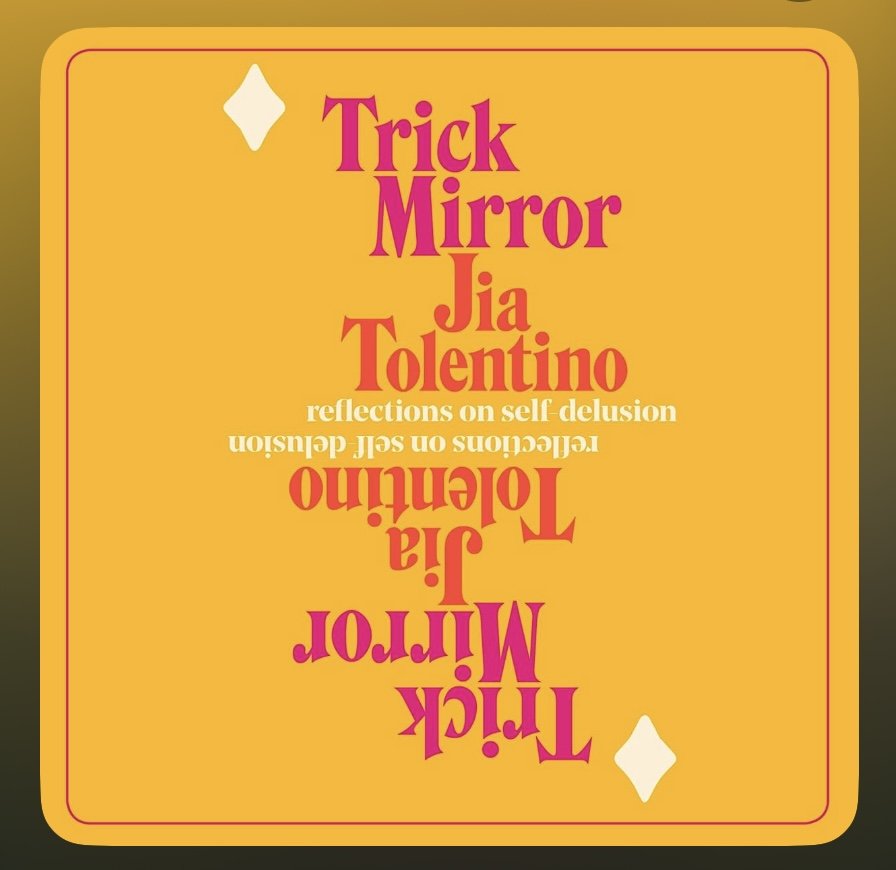I haven’t written a book, so why have a section labeled books. Pretentious wish fulfilment? NANOWRIMO accountability tracker? None of those, at least for now. I do, however, tend to read more than the average person and I’ve found that writing down my thoughts leads to a better and more thorough recollection of what I actually thought about the book when I try to remember a year later and want something more than “book good” than just trying to remember off the dome. I’m also trying to actually write more things down to improve communication skills - for this page, that means putting my feelings about a book onto virtual paper in a way that’s not just “I liked it!”
(See this video for an example of why writing down thoughts helps recollection, though I’m sure there’s a bunch, or this one on expanding vocabulary).
So on the surface it’s just going to be book ‘ratings’ but I use that term pretty loosely, because rating on a scale really doesn’t help me at all. What’s the difference between a 9 and a 10, anyway? Am I not going to read a book that’s a 9/10? So the overarching theme will usually be worth my time or not worth my time. I guess you could say they’re reviews, but they probably best fit into the category of “things for future Thomas to remember”.
But if you somehow stumble on this site, I do want it to be helpful to you in some way. Reviews mostly come down to taste for me, so here’s a diagnostic of things I like - movies, games, books, etc. - that will hopefully let you calibrate your expectations. If you like most of these things, chances are you’ll like a book when I write that I do.
Movies
Indiana Jones, Knives Out, Uncut Gems, The Fugitive, Casino Royale,
Games
The Uncharted Series, God of War 2018 + Ragnarok, Hades, Sea of Thieves, Return of the Obra Dinn, Mario Sunshine, Immortality, Ghost of Tsushima, The Horizon Series
Books
Say Nothing, The Hunt for Red October, The Princess Bride, Project Hail Mary, Into Thin Air, Catch and Kill, Jurassic Park, Tinker Tailor Soldier Spy, Contact, The Picture of Dorian Gray, Catch-22, In Cold Blood
Other
Jon Bois, Internet Shaquille, Nerd City, People Make Games, Captain Disillusion, BriTANicK
I’ll try to add more to this list as I think of things, but hopefully this helps give an idea of what my taste is! And if you decide to read further, hopefully this post gives you the right context for things I like or not.






